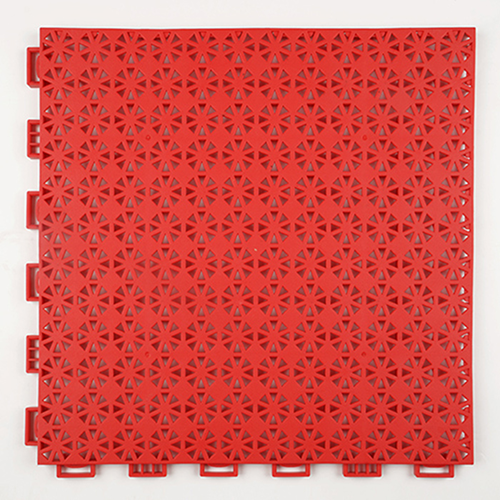Aug . 07, 2024 12:00 Back to list
Exploring Various Types of Interlocking Tiles for Creative Flooring Solutions
Understanding Interlock Tile Types A Comprehensive Guide
Interlocking tiles have gained popularity in various applications, from flooring to outdoor patios, owing to their versatility, ease of installation, and aesthetic appeal. These tiles come in various types, each designed to meet specific needs and preferences. In this article, we will explore the different types of interlock tiles, shedding light on their features, benefits, and ideal usage scenarios.
1. Rubber Interlocking Tiles
One of the most common types of interlock tiles is rubber interlocking tiles. These tiles are made from recycled rubber and are often used in gyms, playgrounds, and outdoor areas. Their unique cushioning properties provide excellent shock absorption, making them ideal for spaces where safety is a concern. Rubber interlocking tiles are also resistant to weather conditions, making them suitable for outdoor applications. They are easy to clean and maintain, ensuring a hygienic environment. With various colors and textures available, they can also enhance the aesthetic appeal of any space.
PVC (polyvinyl chloride) interlocking tiles offer a durable and waterproof flooring solution that is perfect for indoor environments such as kitchens, bathrooms, and basements. These tiles are lightweight, easy to install, and can be easily cut to fit any shape or area. PVC tiles are available in a range of designs and colors, including wood and stone finishes, providing a stylish alternative to traditional flooring materials. Additionally, they are resistant to stains and chemicals, making them a practical choice for areas prone to spills and messes.
3. Porcelain Interlocking Tiles
interlock tiles types

Porcelain interlocking tiles are a premium choice for those looking for a sophisticated flooring option. These tiles are made from dense clay and are fired at high temperatures, resulting in a highly durable and water-resistant product. Porcelain tiles are available in a myriad of designs, colors, and finishes, including matte and glossy options. Their natural resistance to stains and scratches makes them suitable for both residential and commercial spaces. Furthermore, porcelain interlocking tiles can be used in various settings, from modern kitchens to elegant bathrooms, adding a touch of luxury to any room.
4. Carpet Interlocking Tiles
Carpet interlocking tiles combine the comfort of carpet with the practicality of tile. These tiles are made from various textile materials and are designed for residential or commercial use. They provide a soft, warm surface that is perfect for living rooms, offices, and bedrooms. The interlocking feature allows for easy installation and replacement of individual tiles, making maintenance hassle-free. Available in numerous colors and patterns, carpet interlocking tiles can add character and warmth to any space.
5. Composite Interlocking Tiles
Composite interlocking tiles, often made from a blend of materials such as wood and plastic, are particularly popular for outdoor use, such as in patios and pool areas. These tiles offer a natural wood-like appearance while providing the durability and weather resistance of synthetic materials. They are easy to install, requiring no adhesives or fasteners, and are designed to withstand the elements. Composite interlocking tiles are slip-resistant and environmentally friendly, making them an excellent choice for eco-conscious homeowners.
Conclusion
Interlocking tiles present an array of options suitable for diverse settings and applications. From rubber and PVC to porcelain and carpet, each type of tile offers unique benefits that cater to various needs and preferences. When choosing interlock tiles, it’s essential to consider factors such as the intended use, aesthetic appeal, and maintenance requirements. By understanding the different types available, homeowners and designers can make informed decisions that enhance both the functionality and beauty of their spaces. With the right interlocking tiles in place, any area can be transformed into a stylish and practical environment.
-
Wood Sports Flooring Enhanced by GPT-4-Turbo | Top Performance
NewsAug.02,2025
-
Sport Court Tiles with AI Innovation | Durable & Safe
NewsAug.01,2025
-
Vinyl Carpet Flooring | Durable & Waterproof Design
NewsJul.31,2025
-
Premium Basketball Board Stand with GPT-4-Turbo AI
NewsJul.31,2025
-
Premium Maple Flooring for Gyms & Homes | PVC & Vinyl Options
NewsJul.30,2025
-
Premium Outdoor Basketball Court Tiles for All Weather Use
NewsJul.30,2025

